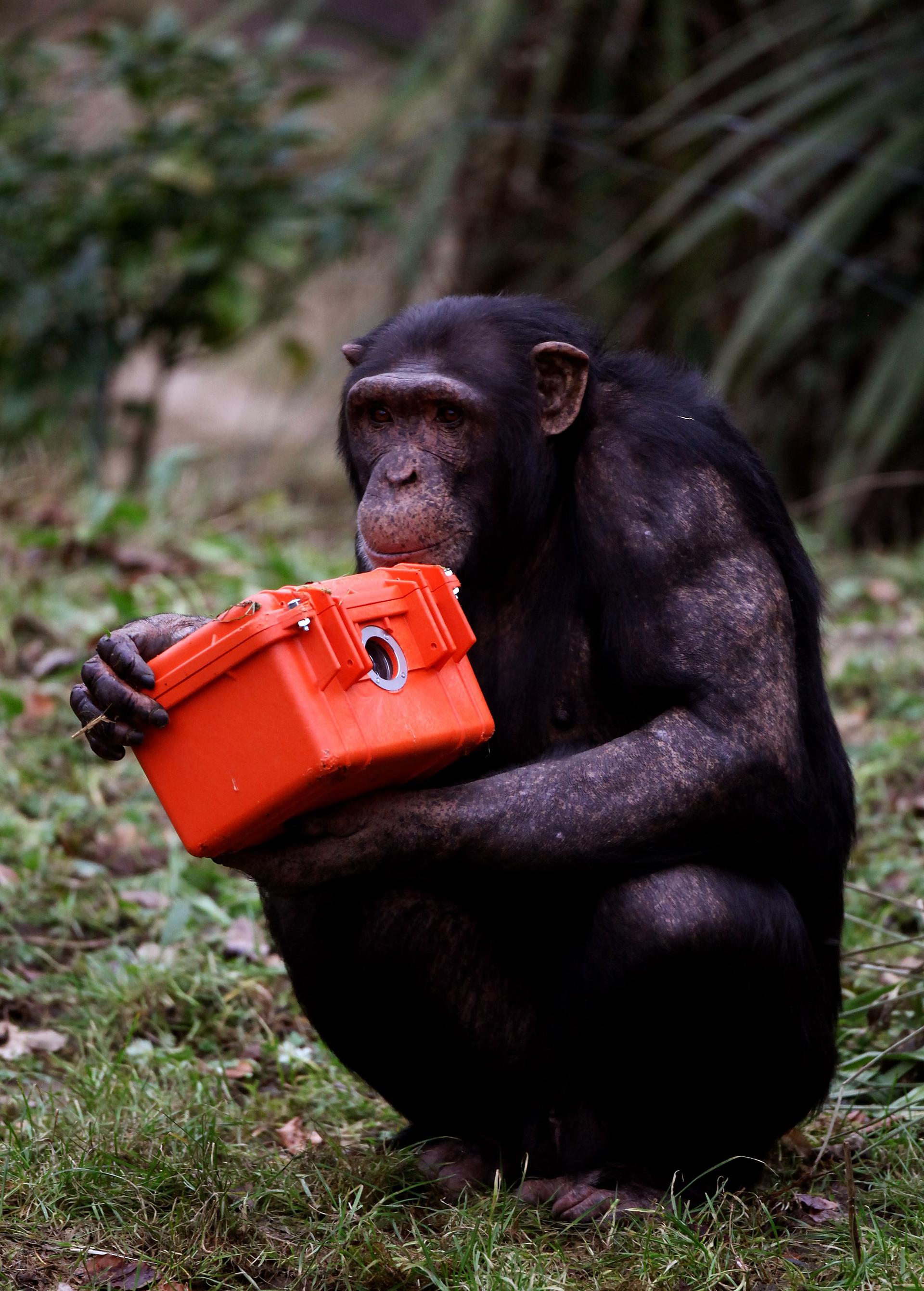Chimps and orangutans may experience midlife crises, says a new study
A new study has shown that like humans, chimps may have midlife crises too.
Turns out that chimps are more like us than we have ever dreamed of.
Researchers at the University of Edinburgh found that our closest evolutionary ancestors, chimps and orangutans, may feel down or confused halfway through their lives, just like humans reportedly do.
It's a safe bet the primates won't go out and buy a sports car to feel better, but they do stop enjoying certain things, a study has found, and act out because of it.
"There's a common understanding that there's a dip in well-being in middle age, and that's been found in many datasets across human cultures," Alex Weiss, a psychologist at Edinburgh University, told the Guardian.
"We took a step back and asked whether it's possible that instead of the midlife crisis being human-specific, and driven only by social factors, it reflects some evolved tendency for middle-aged individuals to have lower well-being."
The study used more than 500 apes separated into three groups: chimpanzees in the first two, and orangutans in the third.
The animals came from zoos in the US, Canada, Australia, Japan and Singapore, said the BBC.
The researchers gave questionnaires to zookeepers to track the apes' mental health and well-being over a number of years.
The study authors claim that the zookeepers reported a dip during middle age — between 28 and 35 — and then an increase in well-being shortly thereafter.
But some researchers have questioned the study, pointing out that midlife crises in humans have not even been established scientifically.
The Guardian reported that some scientists note that apes don't have ups and downs like humans do, given their lack of life choices and their inability to think far ahead.
It could also be biological changes in the brains of primates that mirror those in humans.
Yet, the apes could be feeling existential despair — that they will never be the alpha male, for instance, said Reuters.
Our coverage reaches millions each week, but only a small fraction of listeners contribute to sustain our program. We still need 224 more people to donate $100 or $10/monthly to unlock our $67,000 match. Will you help us get there today?
